Technology Projects: Governance
The key questions to ask when assessing how Governance issues may impact a technology project
When conducting a health-check or a lookback on a technology project, it's important to assess the Governance of the project. Governance is of paramount importance on a technology project. Governance brings structure, oversight, and discipline to technology projects, enabling successful project execution, mitigating risks, and ensuring alignment with organizational objectives. It promotes a culture of responsibility, collaboration, and transparency, enhancing the likelihood of project success and delivering the intended benefits. Without appropriate governance in place a technology project is virtually certain to fail or at the vey least not deliver the expected benefits. Here are some key governance questions to consider:

1. Project Initiation and Governance:
- What were the objectives and expected outcomes of the project?
- How was the project initiated? Was there a clear business case and justification?
- Who were the key stakeholders involved in project governance, and what were their roles and responsibilities?
- Was there a clearly defined project governance structure in place?
2. Decision-making and Accountability:
- How were decisions made throughout the project lifecycle? Were they documented and transparent?
- Were the right people involved in the decision-making process?
- Was there clear accountability for decisions and actions taken by project stakeholders?
3. Risk Management and Mitigation:
- How were risks identified, assessed, and managed during the project?
- Were risk mitigation strategies developed and implemented effectively?
- Did the project team have access to the necessary resources and expertise to address risks?
4. Communication and Stakeholder Engagement:
- How were project updates and communication shared with stakeholders?
- Were there regular progress reports, meetings, or forums to engage stakeholders?
- Were there any communication gaps or misunderstandings that affected the project?
5. Project Planning and Execution:
- How well was the project planned and executed? Were the timelines and milestones realistic?
- Did the project team have the necessary skills, resources, and support?
- Were there any deviations from the initial plan, and if so, how were they managed?
6. Vendor and Contract Management:
- How was the vendor selection process conducted?
- Were the contract terms and service level agreements (SLAs) well-defined and realistic?
- Was there effective monitoring and management of the vendor's performance?
7. Change Management:
- How were changes to requirements, scope, or timeline managed?
- Were the impacts of changes properly assessed, and were there corresponding adjustments made to resources and timelines?
- How was resistance to change addressed within the project team and among stakeholders?
8. Lessons Learned and Knowledge Transfer:
- Was there a formal process to capture and document lessons learned throughout the project?
- How were the lessons learned shared with relevant stakeholders and future project teams?
- What steps have been taken to improve future project success based on the lessons learned?
Final Thoughts
By asking these Governance questions, you can gain insights into the project's governance and management aspects that contributed to its failure. This information can help in identifying areas for improvement and avoiding similar mistakes in future projects.

